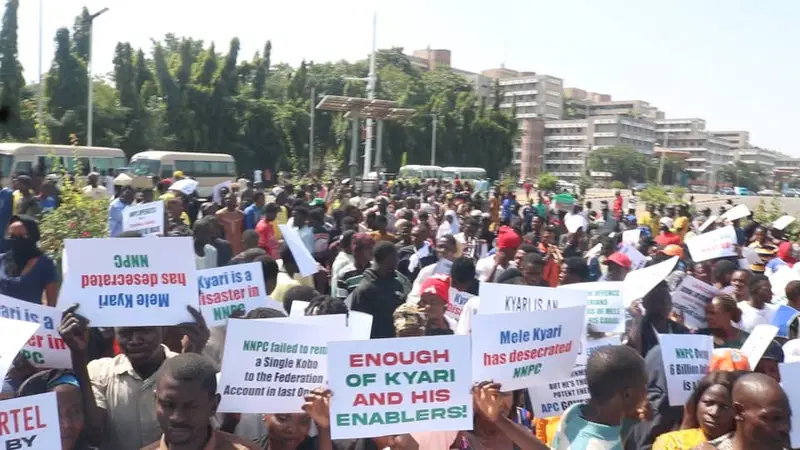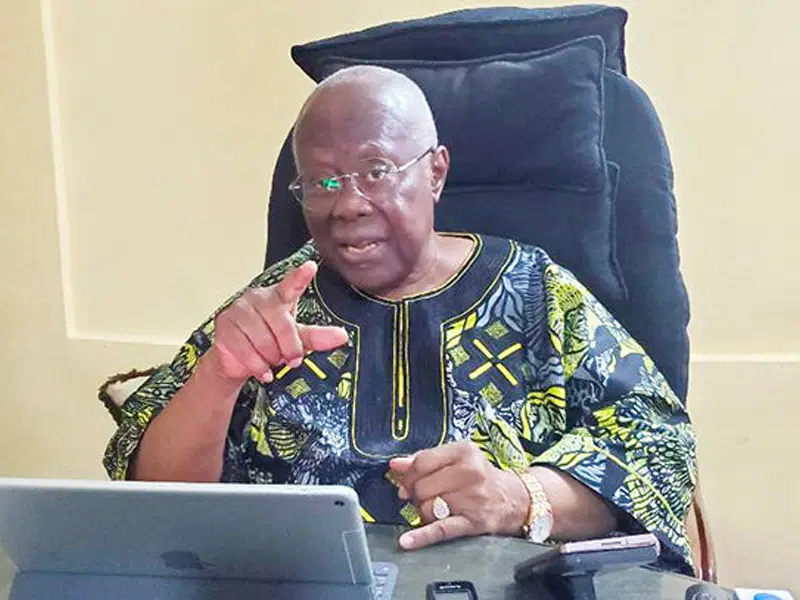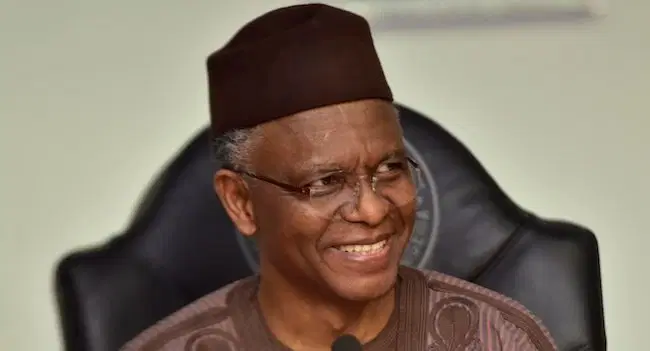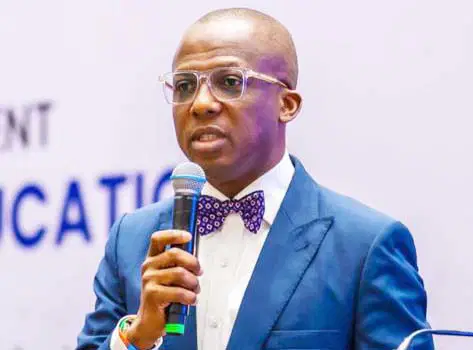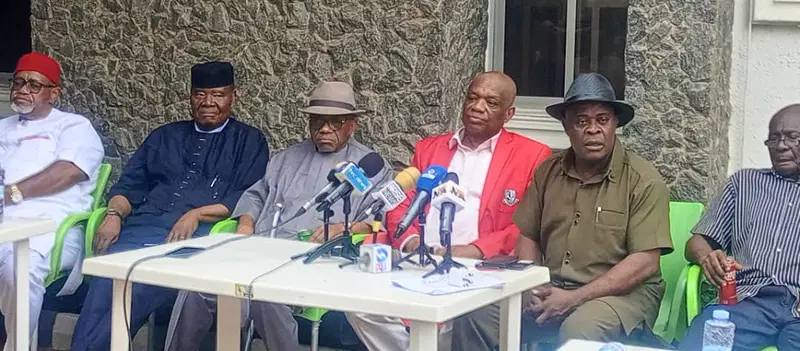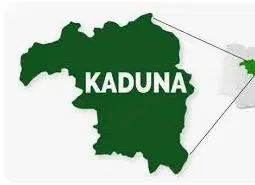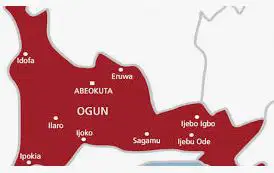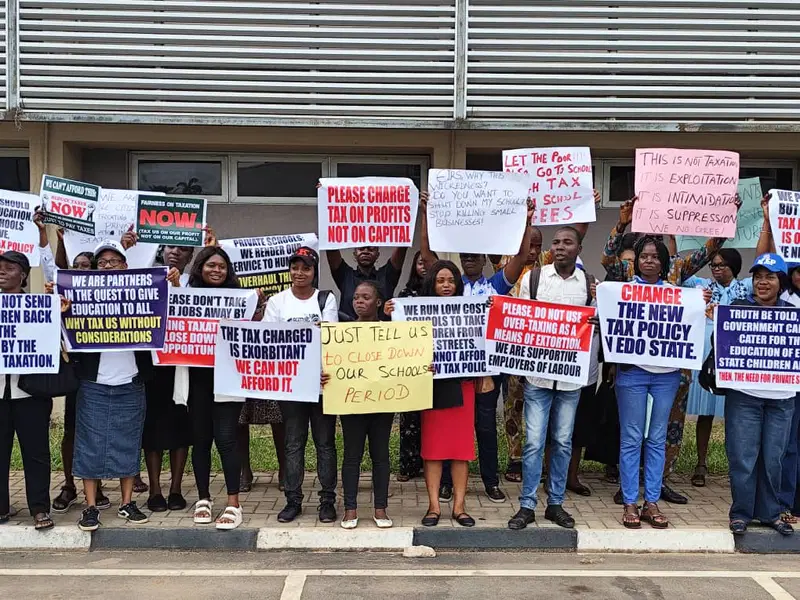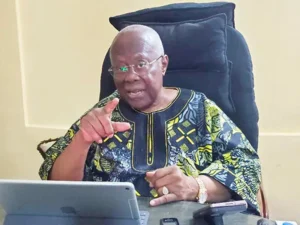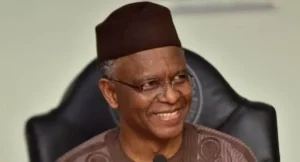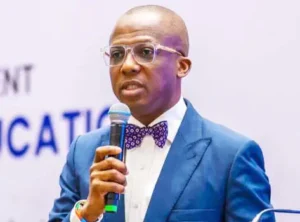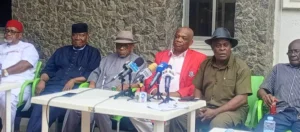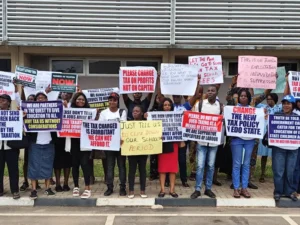• Petrol Price Hike: The Nigerian National Petroleum Company Limited (NNPC) has clarified that Mele Kyari, the Group Managing Director of NNPC, is not directly responsible for the recent surge in petrol prices, which has risen to N855 per litre .
• Reasons for Price Hike: The price hike is attributed to several factors, including the termination of NNPC’s exclusive purchase agreement with Dangote Refinery, which allowed the company to buy petrol at subsidized rates .
• Protests and Public Outcry: The price hike has sparked widespread protests across Nigeria, with labor unions, civil society groups, and ordinary Nigerians expressing frustration over the increased financial burden .
• Government’s Response: The Federal Government has introduced new fiscal incentives to boost Nigeria’s oil and gas sector, including exemptions on certain energy products and infrastructure, and tax reliefs for deep offshore projects .
• Economic Implications: The price hikes are seen as exacerbating inflation, making basic goods and services unaffordable for the average citizen, and potentially leading to widespread unemployment .
A large crowd of activists gathered in Abuja’s Three Arms Zone yesterday, demanding major reforms in the oil sector. The protest, organized by the APC Solidarity and Development Forum, comprised of youth and civil society organizations, expressed frustration over soaring fuel prices, persistent fuel scarcity, and the worsening economic hardship affecting Nigerians.
Key Demands:
• Clear Roadmap for Refinery Revitalization: Protesters seek a clear plan to revitalize and operate local refineries, ensuring self-sufficiency in petroleum products and reducing reliance on imports.
• Stringent Regulations: They demand strict regulations to prevent the importation of substandard petroleum products, protecting public health and safety.
• Accountable Leadership: Protesters urge the President to appoint a qualified individual with integrity and expertise to navigate the oil sector’s complexities and restore public confidence.
• Investigative Committee: They call for an investigative committee to address alleged misconduct, with implicated officials prosecuted through anti-corruption agencies.
The protesters argue that despite repeated assurances from authorities, shortages and high prices persist, eroding public trust in the government’s management of oil resources . The lack of operational local refineries, despite a $4 billion government investment, is seen as a significant oversight and management failure.

